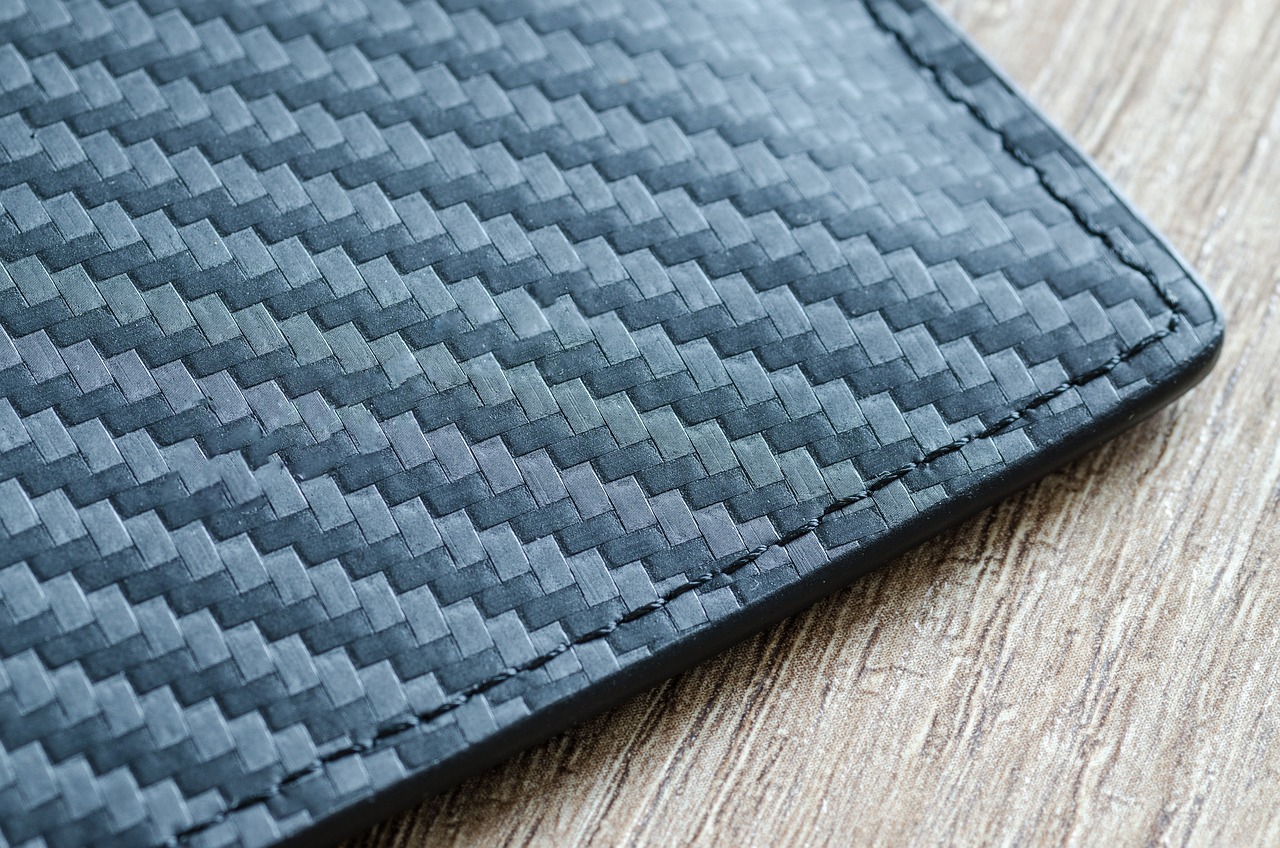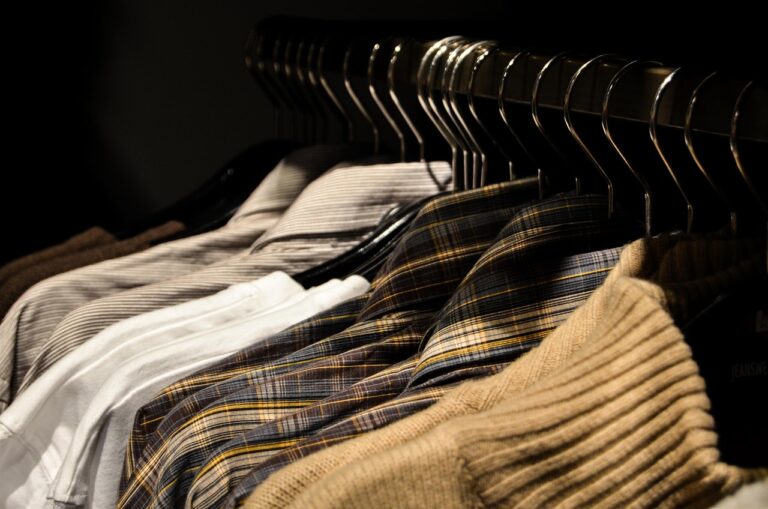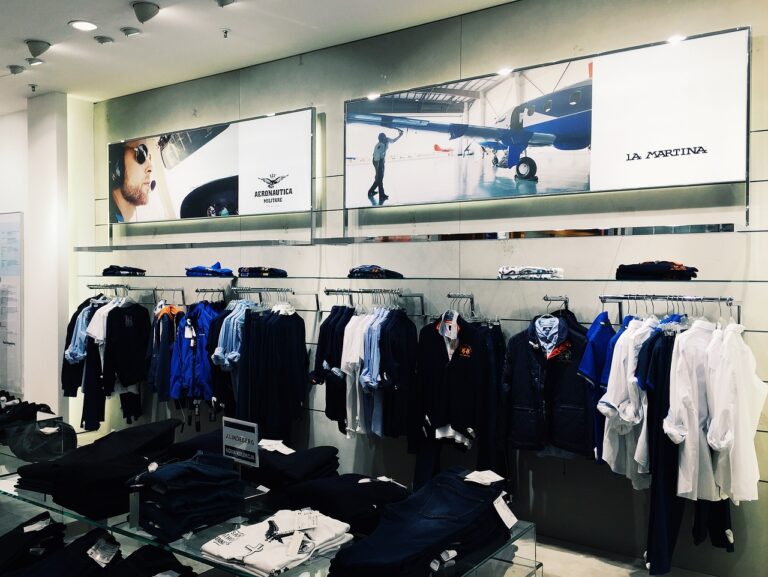How to Choose Eyewear for Different Eye Conditions: Betbhai.com, Cricbet99, Diamond exchange 9
betbhai.com, cricbet99, diamond exchange 9: Eyewear is an essential accessory for many people, providing both practical and stylish solutions for different eye conditions. Whether you have nearsightedness, farsightedness, astigmatism, presbyopia, or any other eye condition, choosing the right eyewear can make a significant difference in your daily life. In this blog post, we will discuss how to choose eyewear for different eye conditions.
Understanding Your Eye Condition
Before selecting eyewear, it is crucial to understand your specific eye condition. Consult with an eye care professional to determine whether you have nearsightedness, farsightedness, astigmatism, presbyopia, or any other issues. Your optometrist or ophthalmologist can provide you with a prescription that outlines your visual needs.
Choosing the Right Frames
When selecting eyewear, consider frames that complement your face shape and features. Whether you have a round, square, oval, or heart-shaped face, certain frames can enhance your appearance. Additionally, take into account the size of your frames to ensure they fit comfortably and securely on your face.
Lens Options
Depending on your eye condition, you may require different types of lenses. For example, if you have nearsightedness, concave lenses can help correct this issue. On the other hand, convex lenses are often recommended for individuals with farsightedness. If you have astigmatism, cylindrical lenses may be necessary to provide clear vision.
Prescription Glasses vs. Contact Lenses
Some individuals prefer prescription glasses, while others opt for contact lenses. Consider your lifestyle and preferences when choosing between these two options. Prescription glasses are convenient and easy to wear, while contact lenses offer more freedom and flexibility.
Specialized Eyewear
If you have a specific eye condition that requires specialized eyewear, such as computer glasses, reading glasses, or sports goggles, make sure to discuss this with your eye care professional. These specialized eyewear options can provide targeted solutions for your visual needs.
Coating and Tinting
Consider adding coatings to your lenses, such as anti-reflective coating, scratch-resistant coating, or UV protection. These coatings can enhance the durability and functionality of your eyewear. Additionally, tinted lenses can help reduce glare and improve visibility in certain lighting conditions.
FAQs
Q: How often should I get my eyes checked?
A: It is recommended to have your eyes checked at least once a year, or as recommended by your eye care professional.
Q: Can I wear the same eyewear for different activities?
A: Depending on your visual needs, you may require different eyewear for various activities, such as reading, driving, or playing sports.
Q: How do I clean and maintain my eyewear?
A: Use a microfiber cloth and lens cleaner to wipe your lenses regularly. Avoid using harsh chemicals or abrasive materials that can damage your eyewear.
In conclusion, choosing the right eyewear for different eye conditions can improve your vision and enhance your overall quality of life. By considering factors such as frames, lenses, prescription glasses vs. contact lenses, specialized eyewear, coating and tinting options, you can find the perfect eyewear solution for your specific needs. Consult with your eye care professional to determine the best eyewear for your eye condition.







